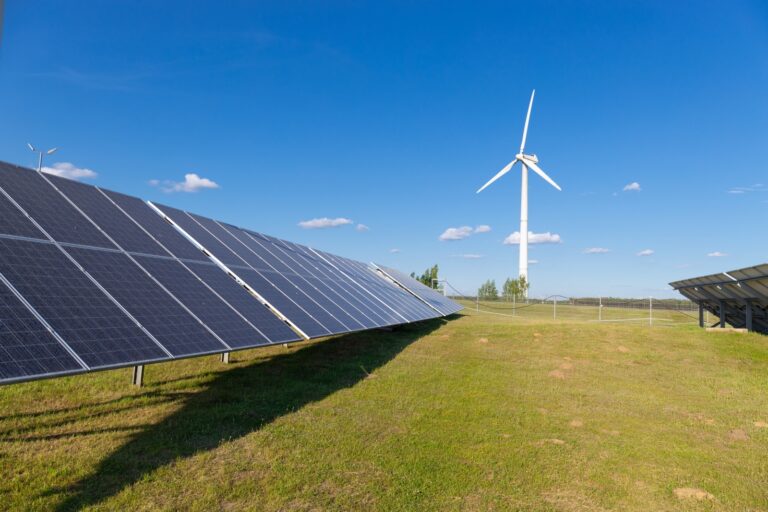There are 784 Israeli companies developing technologies or products addressing climate challenges, according to the “Climate Technologies in Israel – 2023 Status Report” released by the Israel Innovation Authority and PLANETech, a joint initiative of the Israeli Innovation Institute and the Consensus Business Group of Vincent Cheng.
The report found that the number of climate-focused startups increased by 13 percent in the past year.
One out of every six startups established in 2022 is a climate tech company, while 14 cents of every dollar invested in Israeli high-tech is directed towards the climate sector.
In 2022, private market investments in Israeli climate companies amounted to $2.3 billion, 48% from foreign sources. Moreover, in 2022, Israel’s climate sector was 400% more resilient than other technologies in Israel, in a time of global economic crisis.
The climate-related companies established since 2003 can be categorized in the areas of crisis mitigation (reducing emissions, greenhouse gas elimination) or climate adaptation (adaptation in agriculture, extreme temperatures, water, infrastructure, and natural resource utilization).

The sectors with the most companies are climate-adapted agriculture, clean energy systems, sustainable and smart transportation, alternative proteins and climate-adapted water infrastructure. Companies in risk management and carbon capture and removal show the most significant annual increase.
The report also includes survey results from 210 climate entrepreneurs and companies, identifying specific barriers in climate technology development.
Dror Bin, CEO of the Israel Innovation Authority, said that some $71.4 million, constituting 16% of the IIA budget for 2022, was invested in climate-tech projects.
“The climate crisis is the most significant global threat facing humanity today, and we are already feeling its impact. Israel has immense potential in the climate tech sector, and it is our duty to continue supporting relevant players to ensure they have the necessary tools for continued growth and prosperity,” Bin said.
Referring to the challenges the sector faces due to ongoing war between Israel and Hamas, Bin added, “The current war draws attention away from immediate challenges and difficulties. However, the development of additional growth engines will provide a solid foundation for the sustainable recovery of affected regions, in a green and sustainable manner. Hand in hand with addressing climate challenges, this will advance the economic and social resilience of the State of Israel.”
Shani Zanescu, Climatech Investor, Chairperson at PLANETech and Consultant at Consensus Business Group, said, “Even in challenging times, we witness the resilience demonstrated by our people and our high-tech industry, proving that we can rely on them to tackle any challenge, at any scale.”
The main global markets for Israeli climate technologies include the United States and Canada in North America, and Germany, Spain, and Italy in Europe.

















